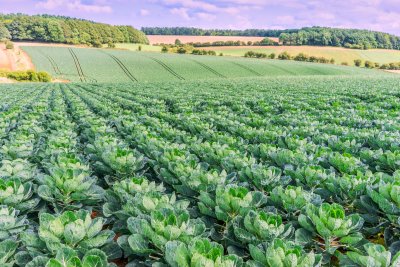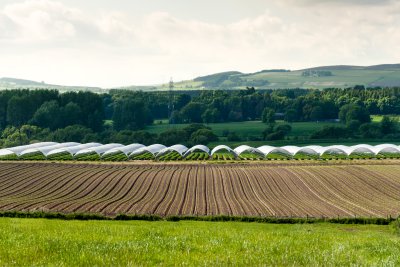Critics of oganic agriculture often argue that is an inefficient approach to food production. But a report in Nature magazine finds that organic systems are more profitable and environmentally friendly than conventional farming systems, deliver foods that are equally or more nutritious, and provide foods that contain less (or no) pesticide residues.
Examining the performance of organic farming on four key sustainability metrics (productivity, environmental impact, economic viability and social wellbeing), the authors find evidence that organic agriculture delivers greater ecosystem services and social benefits, despite lower yields. They conclude that organic farming has an 'untapped' potential to feed the world, although no single system can be relied on exclusively. Read about Sustain's work on the organic sector here.
Sustain: Sustain The alliance for better food and farming advocates food and agriculture policies and practices that enhance the health and welfare of people and animals, improve the working and living environment, enrich society and culture and promote equity.








